You are here
Back to topPhilippines Has Strong Presence at China FVF 2017 as Partner Country
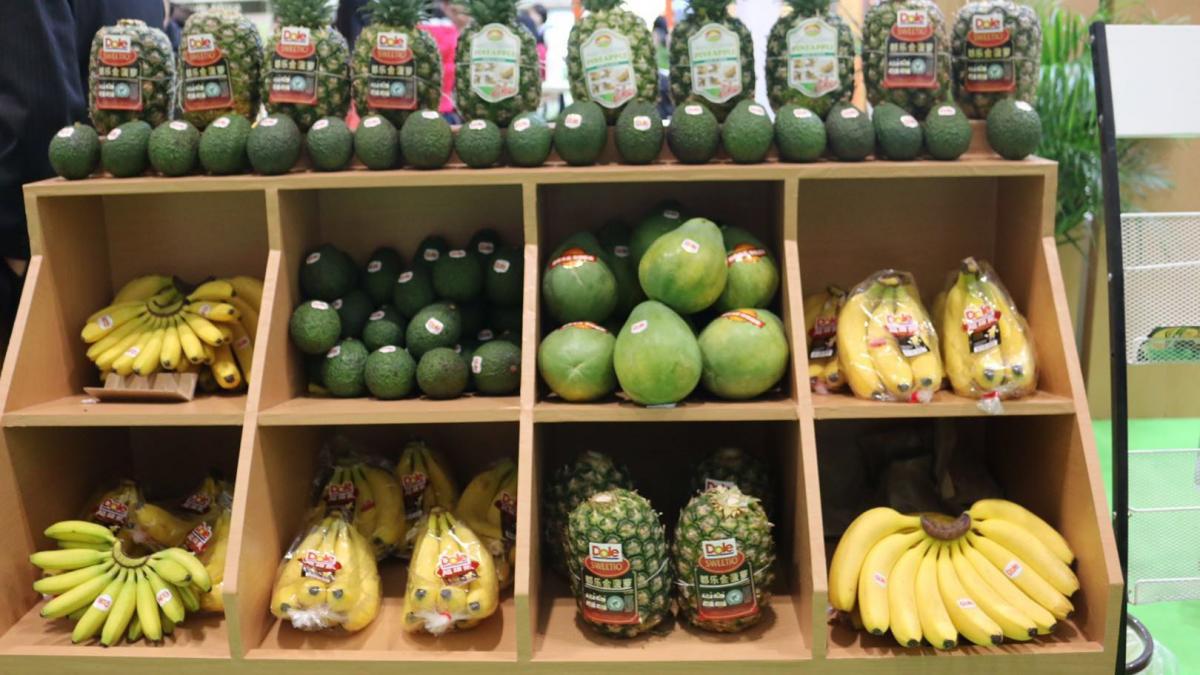
Last week saw the successful opening of the China Fruit and Vegetable Fair (China FVF) 2017, which was held on November 3–5 at the China National Convention Center in Beijing. Over the past few years, China FVF has become one of the most important events in the fresh produce industry calendar in China, giving those working in the industry the opportunity to network, share knowledge, find clients, and make deals. This year’s event attracted around 300 exhibitors from 14 countries and regions to showcase over 500 new varieties and 1,200 brands spanning the entire fresh produce industry.
The partner country for this year’s event was the Philippines, in recognition of the country’s importance under the Belt and Road Initiative. The choice of the Philippines as the partner country this year also serves as a welcome sign of renewed cooperation between the two countries and indicates the increased confidence felt by both sides in the fresh produce trade across the South China Sea. As such, China FVF 2017 provided a forum for professionals from the two countries to work together to promote cooperation and the development of the fresh produce industry.
During the event, government and industry representatives from the Philippines engaged in a variety of activities to showcase and promote the country’s agricultural products. The Philippines Department of Agriculture sent four officials from Manila to Beijing to attend the event, while several corporate members from the Philippine agricultural industry also participated. At the welcome dinner on the first day, Ms. Elizabeth Te, Minister and Consul General of the Embassy of the Philippines in Beijing, addressed the attendees with a speech in which she praised the developing relationship between the two countries over the last several years and expressed optimism for continuing this momentum in the future: “With this growing momentum in our bilateral relations, the Philippines is confident that China will continue to encourage and support Chinese enterprises to import more quality products from the Philippines, including in fresh fruits.”

Furthermore, the Department of Agriculture set up its Philippines Pavilion to showcase the country’s range of fruit and vegetable products. This prominent exhibit spanned 104 m2 and gave ten Philippine agricultural companies the chance to present their products, including both familiar varieties for which the entry protocols have already been established and new varieties for which they are still pending. During the event, Produce Report had the opportunity to interview Noel De Luna, Agricultural Counsellor of the Embassy of the Philippines in Beijing, to learn more about Philippine produce and how it can benefit Chinese importers and consumers.
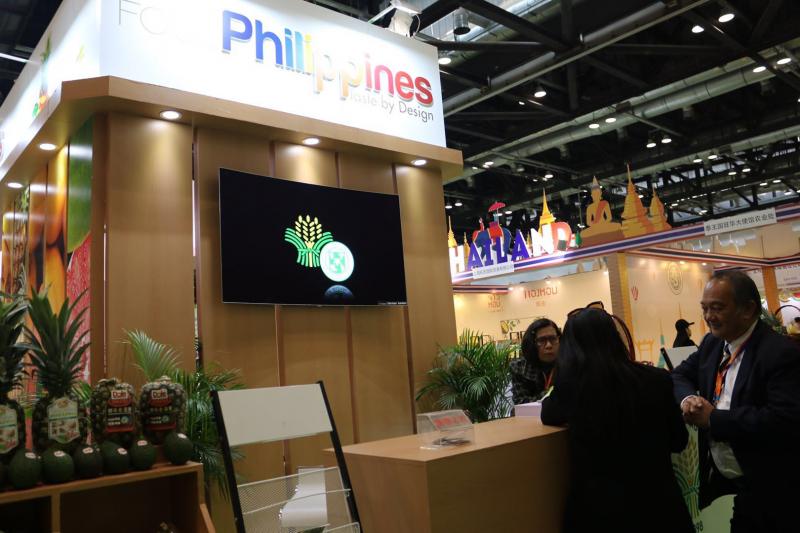
At present, the key fruits exported from the Philippines to China are bananas, pineapples, mangoes, and papayas, which together have an average export value of approximately 300 million USD per year. Among these, bananas are the clear frontrunner with a total value of 250 million USD per year, followed by pineapples with around 40 million USD per year. The Philippines has been the #1 supplier of bananas and pineapples to China for some time. Meanwhile, the volumes of mangoes (#5) and papayas (#3) reaching the Chinese market remain significant but relatively small, despite the popularity of Philippine mangoes in other Asian markets such as Japan. Overall, the fruit industry contributes about 25% of the gross value of the country’s agriculture and fisheries output, alongside the traditional products of coconuts, sugar, and tuna, which also have a substantial market share.
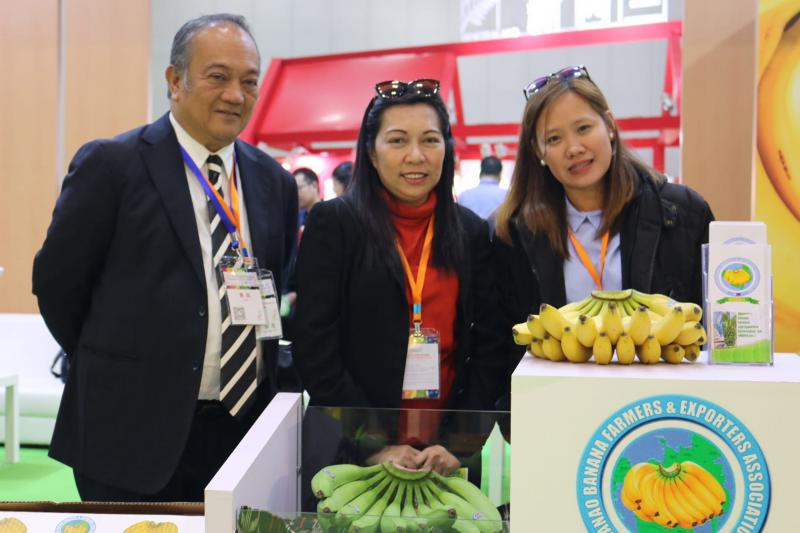
Over the next few years, the country’s fruit growers hope to gain AQSIQ approval to expand their range of products reaching China. In particular, industry representatives are currently engaged in discussions with AQSIQ over frozen mangoes and bananas, with avocadoes also on the horizon. Ms. Te and Mr. De Luna explained that fresh coconuts, mangosteen, dragonfruit, and durian are additional options for the future. According to Mr. De Luna, “Hopefully the future will look brighter. China is a natural market for the Philippines because of the distance – it’s very near.” Indeed, this proximity is one of the major benefits for Chinese fans of tropical fruit, with shipping times of only five days to Xiamen, seven days to Shanghai, and ten days to Beijing/Tianjin. These advantages make fruit a profitable business for both Philippine exporters and Chinese importers alike. With the renormalization of the relationship between the two countries, the fresh produce trade will also have a brighter future.
Image source: MZMC



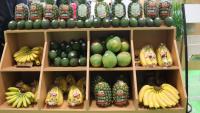
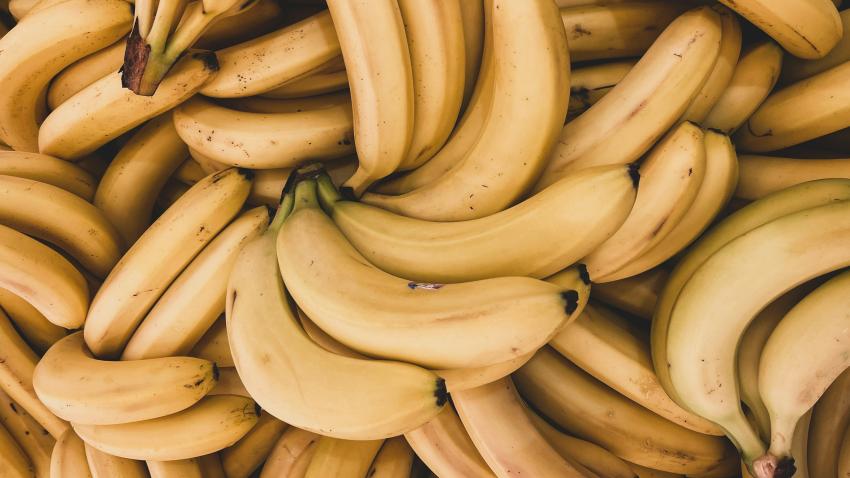
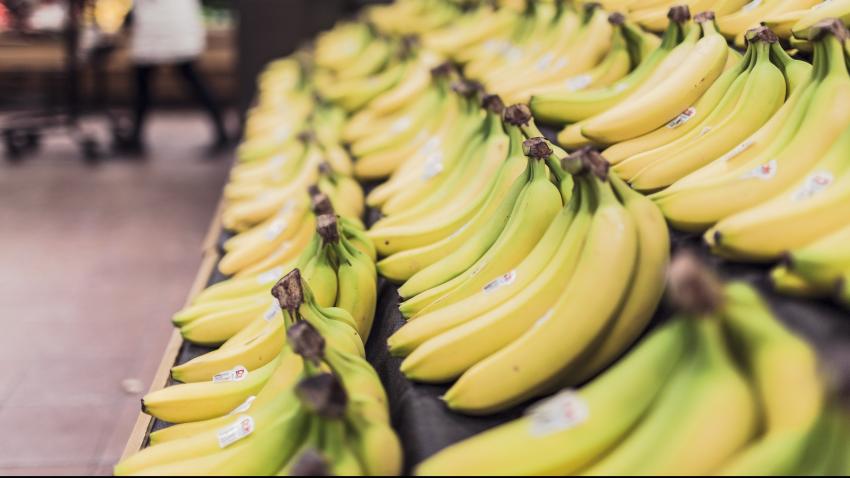
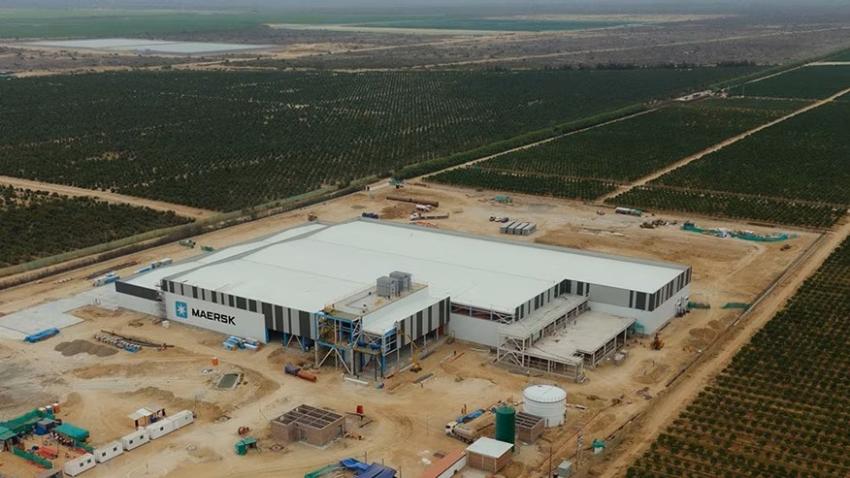
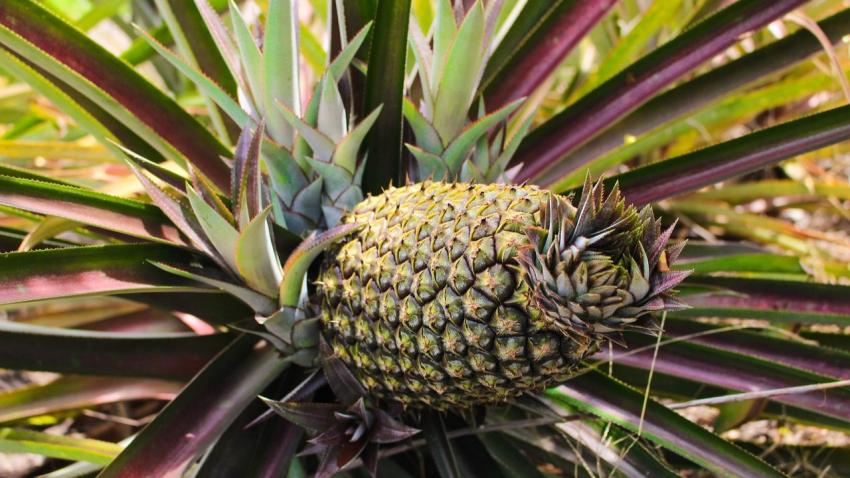







Comments
薛金才 replied on Permalink
大连毅都集团
Add new comment